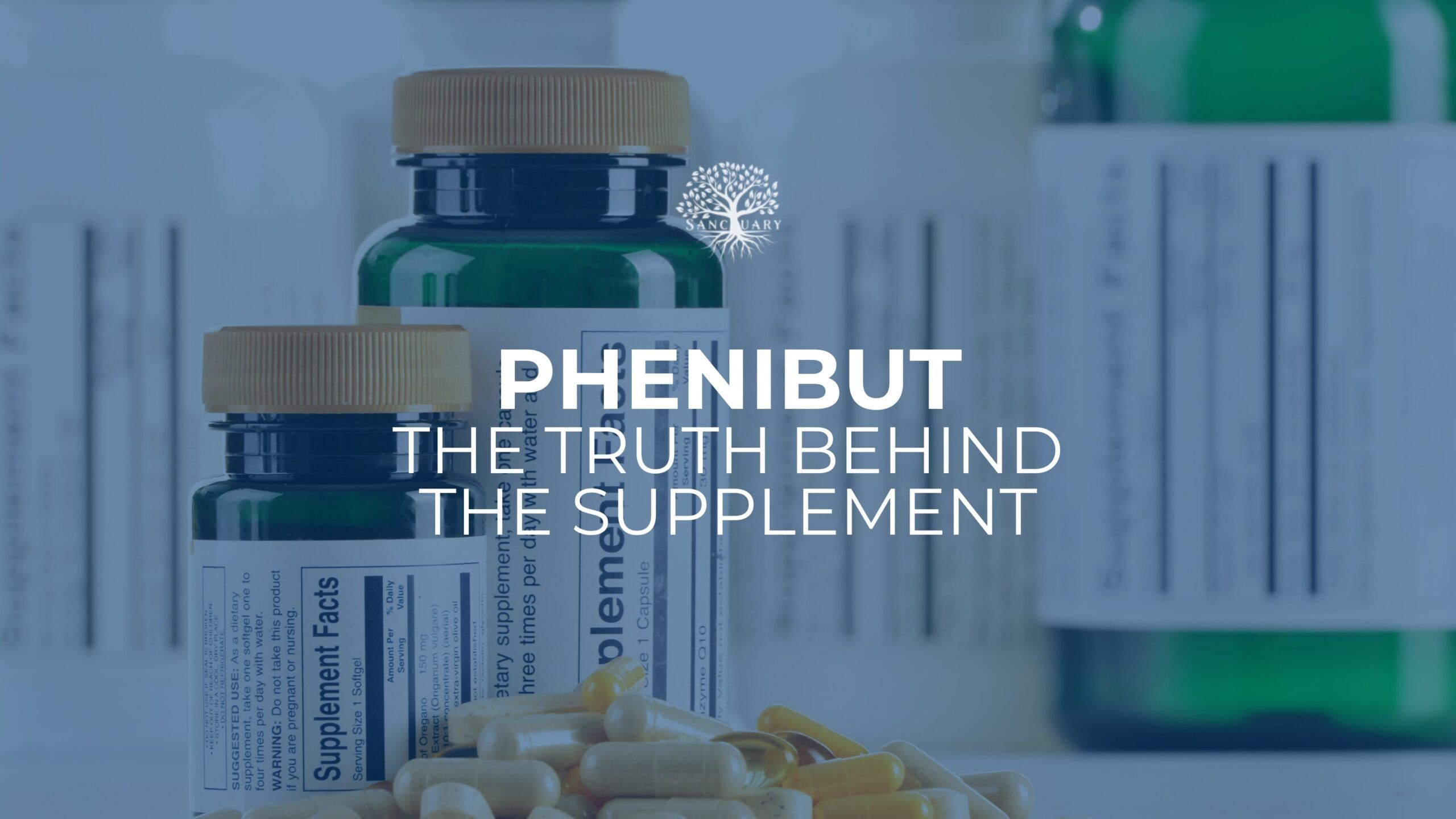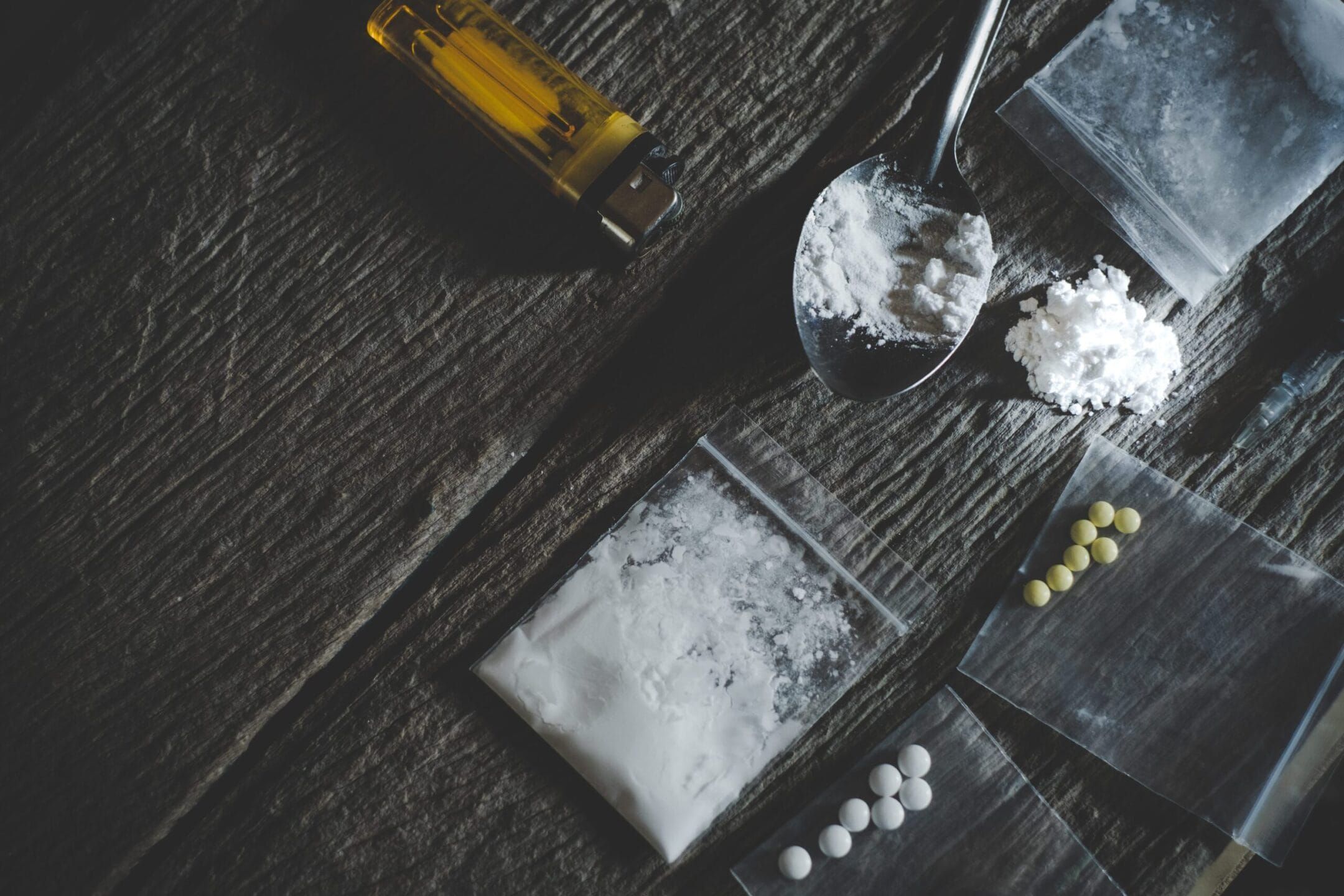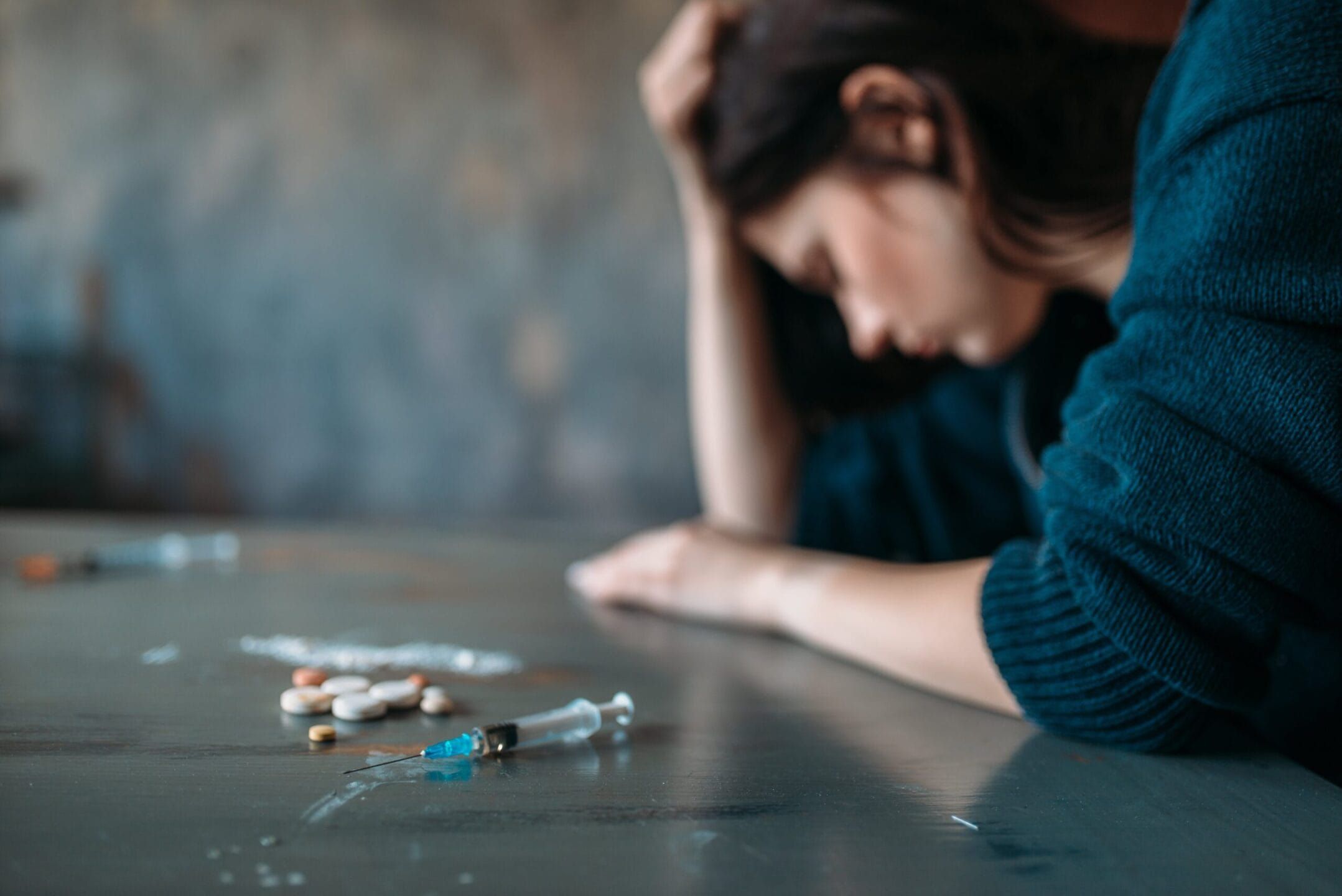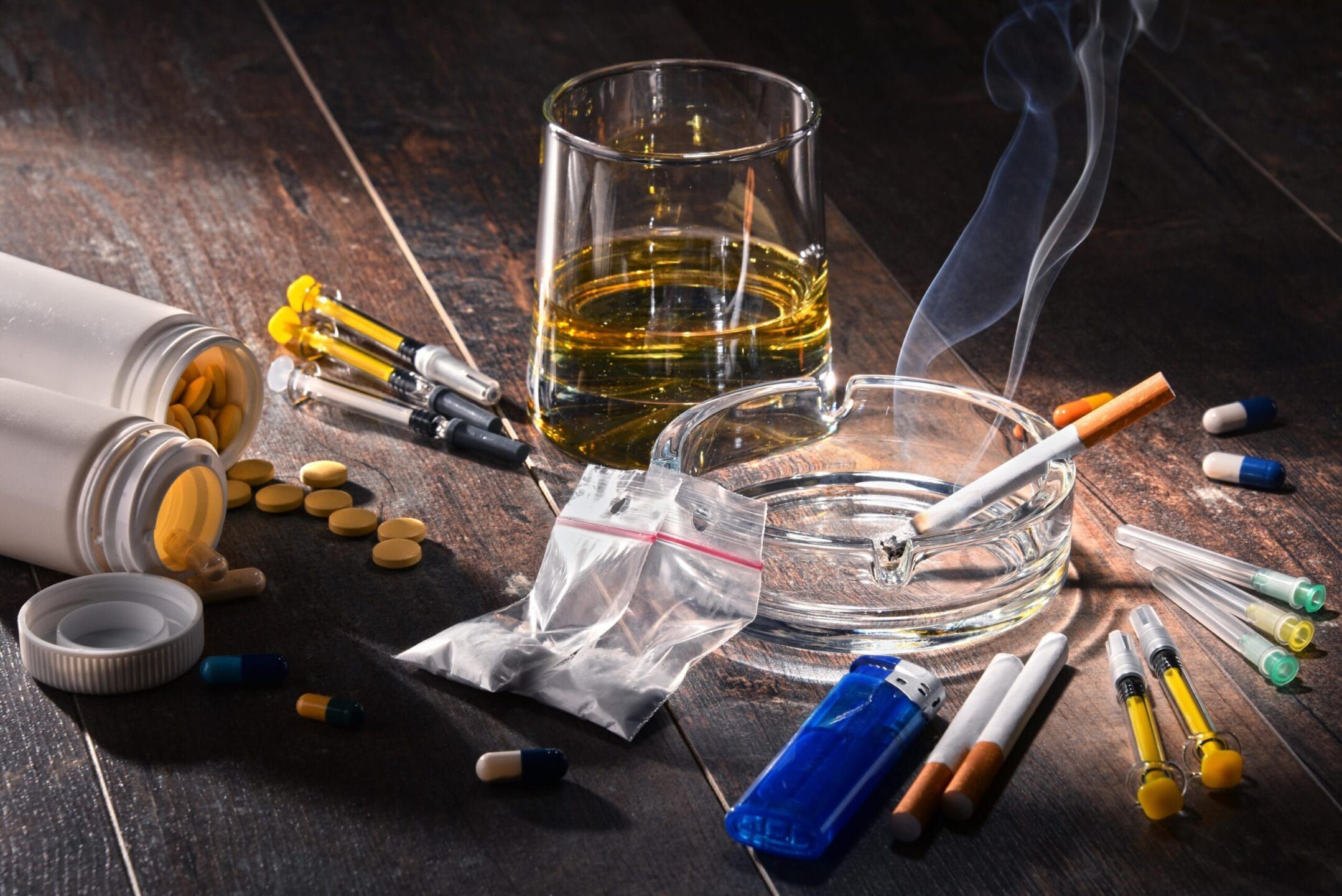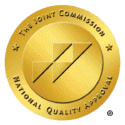Phenibut Isn’t a Supplement: Dependence, Withdrawal, and Safer Exits
The Truth Behind “Just a Supplement”
Phenibut is often marketed online as a dietary supplement for anxiety, sleep, or focus, but this label is dangerously misleading. In reality, phenibut is a powerful central nervous system depressant that acts like prescription tranquilizers. It can cause rapid dependence, severe withdrawal, and long-term health consequences if not managed safely (FDA, 2019).
What Is Phenibut?
Phenibut (β-phenyl-γ-aminobutyric acid) was developed in the Soviet Union in the 1960s. It binds to GABA-B receptors in the brain, producing sedative and anti-anxiety effects similar to benzodiazepines (Lapin, 2001). While used in Russia as a prescription medication, it is not approved in the U.S. but continues to be sold online and in some stores under misleading “supplement” packaging.
Why Phenibut Use Becomes Risky Quickly
- Tolerance Builds Fast: Users may need increasingly higher doses to feel effects.
- Dependence Risk: Even daily use for a few weeks can create dependence.
- Overdose Danger: High doses can cause respiratory depression, blackouts, and coma.
- Polysubstance Use: Combining phenibut with alcohol or other depressants multiplies the risks.
Phenibut Withdrawal Symptoms
Withdrawal can resemble benzodiazepine or alcohol withdrawal, which are among the most dangerous. Stopping suddenly can lead to:
- Severe rebound anxiety and panic attacks
- Insomnia and restlessness
- Muscle tremors and sweating
- Heart palpitations
- Visual or auditory hallucinations
- Psychosis or suicidal thoughts (Samokhvalov et al., 2013)
Because of these risks, medical supervision is strongly recommended when discontinuing phenibut.
Phenibut vs. Prescription Benzodiazepines
| Feature | Prescription Benzos (Xanax, Valium) | Phenibut |
| Approval | FDA-approved, regulated | Not FDA-approved, sold online |
| Mechanism | Acts on GABA-A receptors | Primarily acts on GABA-B receptors |
| Risks | Dependence, withdrawal, overdose | Dependence, withdrawal, overdose |
| Supervision | Prescribed with monitoring | Unregulated, self-administered |
Safer Exits: How Recovery Can Work From Phenibut
Quitting phenibut on your own can be overwhelming and unsafe. At Sanctuary Treatment Center, our approach includes:
- Medical Detox: Physicians monitor symptoms and use taper strategies to reduce withdrawal severity.
- Medication-Assisted Support: Where appropriate, medications can ease anxiety and stabilize sleep.
- Therapeutic Care: CBT, DBT, and trauma-informed therapy address underlying reasons for use.
- Holistic Healing: Nutrition support, yoga, and mindfulness practices restore natural balance.
- Aftercare Planning: Prevents relapse and helps individuals build long-term wellness strategies.
Why Families Should Pay Attention
Because phenibut is often sold under the guise of being a “supplement,” many people underestimate its risks. Parents and loved ones may not realize why someone is suddenly experiencing severe anxiety, paranoia, or insomnia when they stop taking it. Understanding the warning signs of phenibut withdrawal can make the difference between crisis and recovery.
FAQs
Is phenibut legal in the U.S.?
Yes, but it is not FDA-approved and cannot be legally sold as a dietary supplement (FDA, 2019).
How long does phenibut withdrawal last?
Acute symptoms usually peak within 3–5 days and may last 1–2 weeks, though anxiety and insomnia can persist longer (Samokhvalov et al., 2013).
Can phenibut withdrawal be fatal?
While less documented than alcohol or benzo withdrawal, severe cases with hallucinations and psychosis carry significant health risks and require medical supervision (Lapin, 2001).
What’s the safest way to stop using phenibut?
A medically supervised taper at a licensed treatment center is the safest method to reduce risks and support long-term recovery.
Sources
- Food and Drug Administration. (2019). FDA warns consumers about dietary supplements containing phenibut. https://www.fda.gov/consumers/consumer-updates/fda-warns-consumers-about-dietary-supplements-containing-phenibut
- Lapin, I. (2001). Phenibut (β-phenyl-GABA): A tranquilizer and nootropic drug. CNS Drug Reviews, 7(4), 471–481. https://pubmed.ncbi.nlm.nih.gov/11830761/
- Samokhvalov, A. V., Paton-Gay, C. L., Balchand, K., & Rehm, J. (2013). Phenibut dependence. BMJ Case Reports. https://casereports.bmj.com/content/2013/bcr-2013-009065
